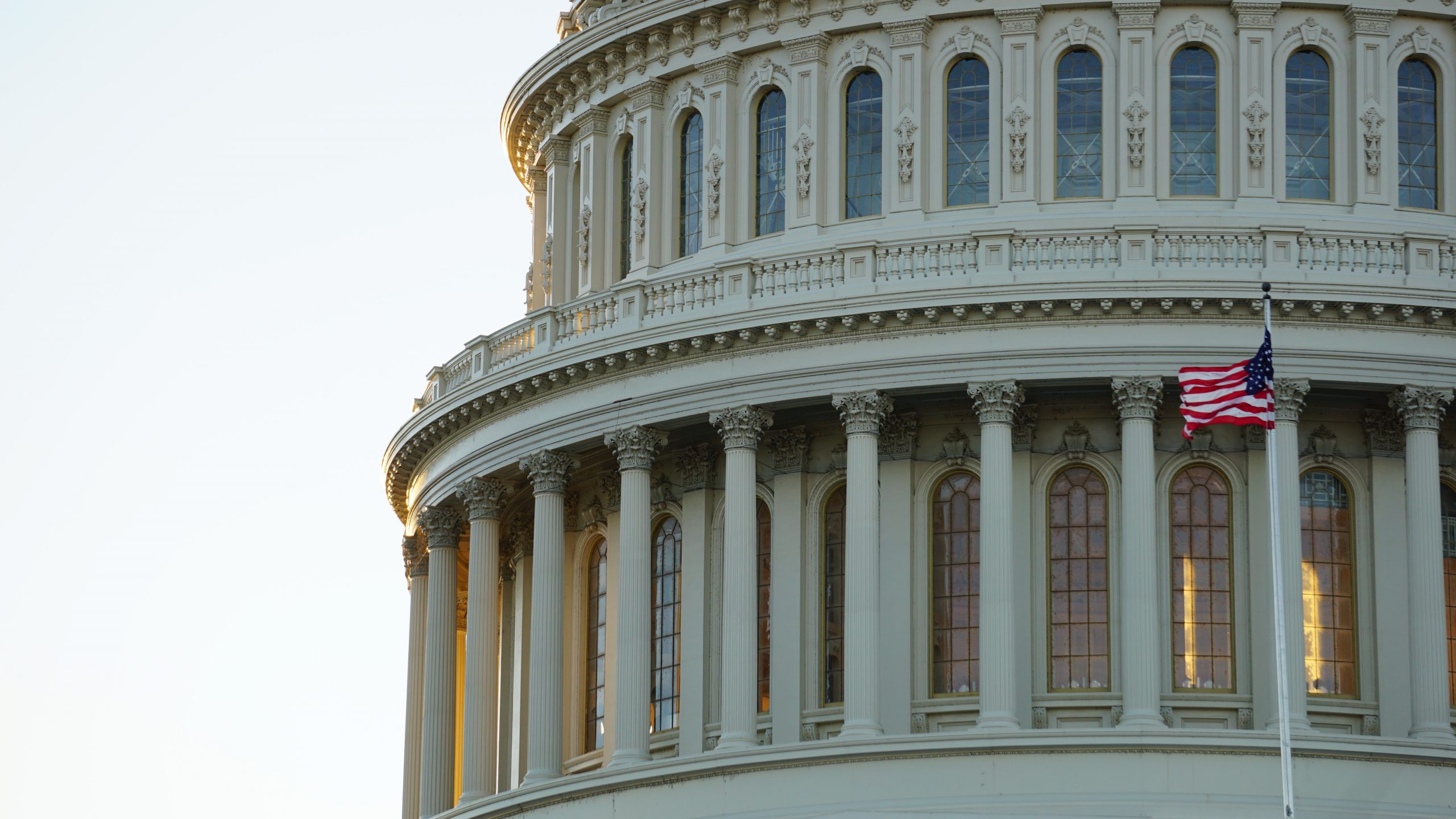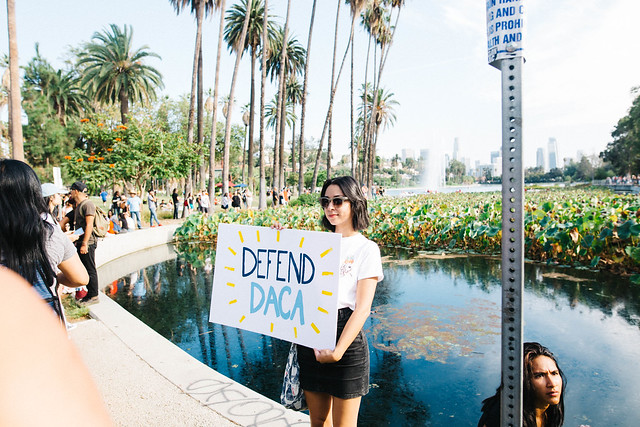Welcome back to a brand-new week of immigration news. In this blog post, we share some exciting news for nationals of Venezuela.
Today, Monday July 11, 2022, the Secretary of the U.S. Department of Homeland Security, Alejandro Mayorkas, announced the extension of the Temporary Protected Status (TPS) designation for Venezuela for a period of 18 months.
Mayorkas made clear that the circumstances which resulted in Venezuela being designated for Temporary Protected Status continue to exist, and therefore extension of the designation was warranted. It is also a move that has been made to continue to provide humanitarian relief to the people of Venezuela.
According to the announcement, the 18-month extension of TPS for Venezuela will be effective from September 10, 2022, through March 10, 2024.
Who can benefit from the extension?
Only beneficiaries under Venezuela’s existing designation, and who were already residing in the United States as of March 8, 2021, are eligible to re-register for Temporary Protected Status under Venezuela’s extension. Venezuelans who arrived in the United States after March 8, 2021, are not eligible for TPS. Approximately 343,000 individuals are estimated to be eligible for TPS under the existing designation of Venezuela.
Where can I find more information?
Soon, the U.S. Department of Homeland Security will release a final rule in the Federal Register which will provide instructions for re-registering for Temporary Protected Status benefits and applying for the renewal of an Employment Authorization Document (EAD).
Venezuelans who are currently eligible for TPS under the existing designation, but who may not have been able to apply for benefits with U.S. Citizenship and Immigration Services (USCIS) should file their applications prior to the September 9, 2022, application deadline.
This includes Venezuelans covered under the January 2021 grant of Deferred Enforced Departure (DED) which is set to expire July 20, 2022.
 Visa Lawyer Blog
Visa Lawyer Blog











